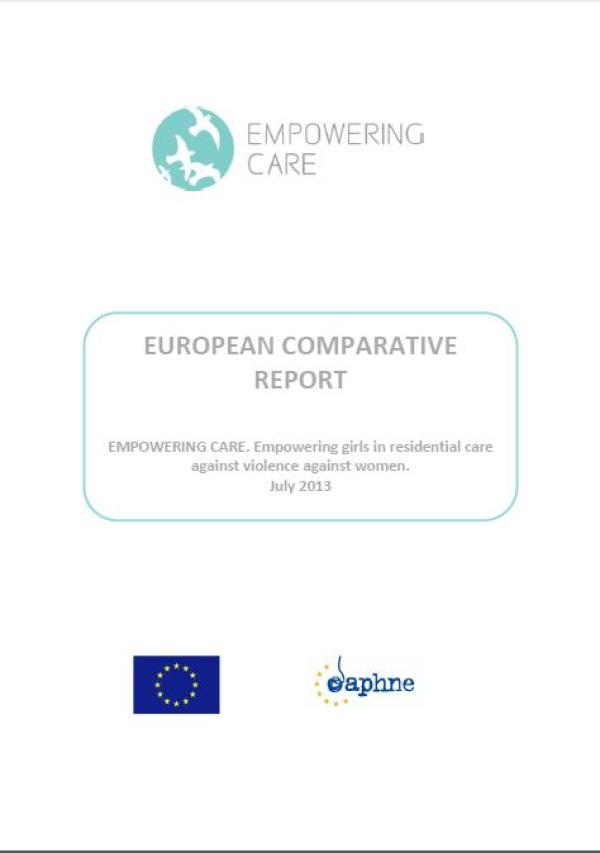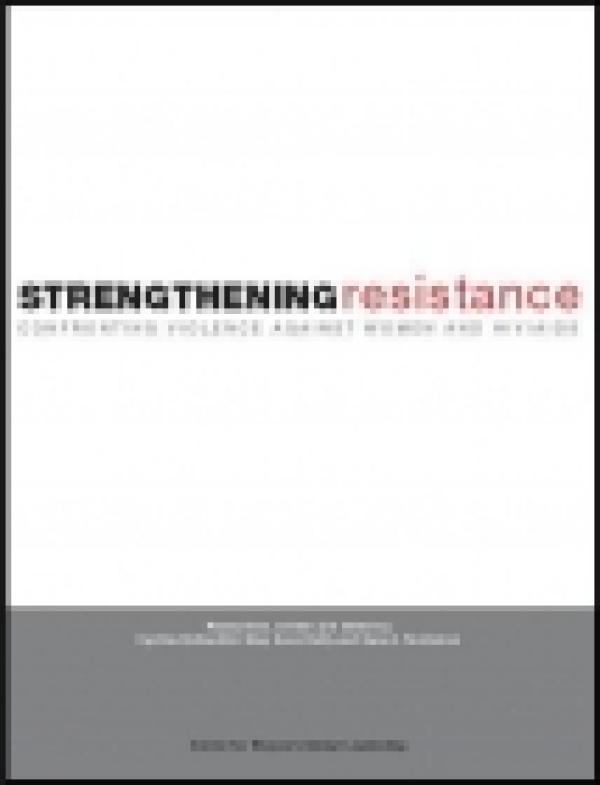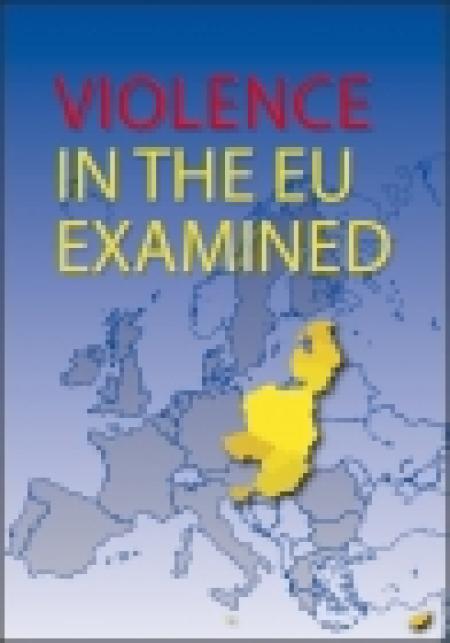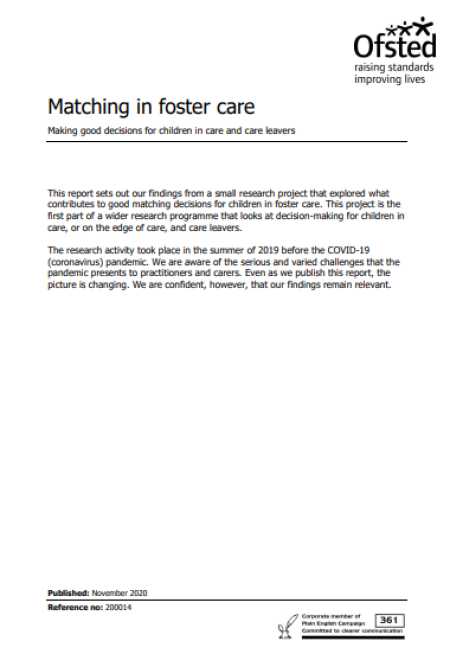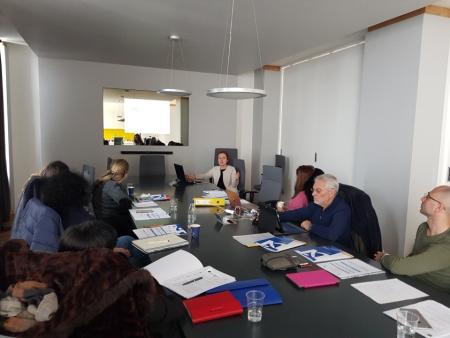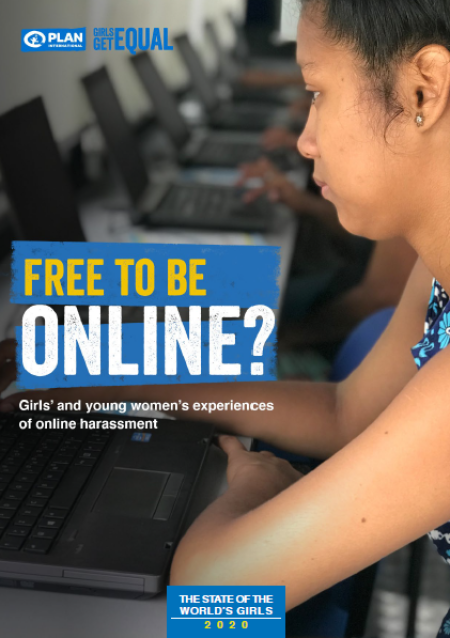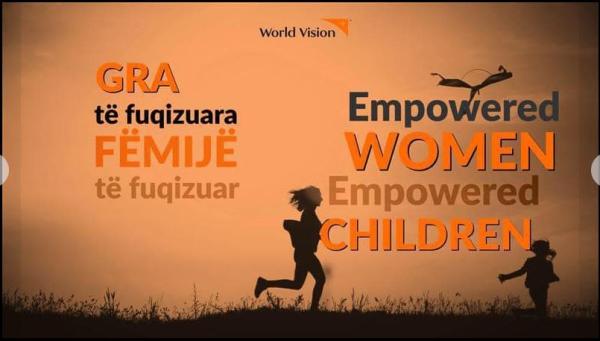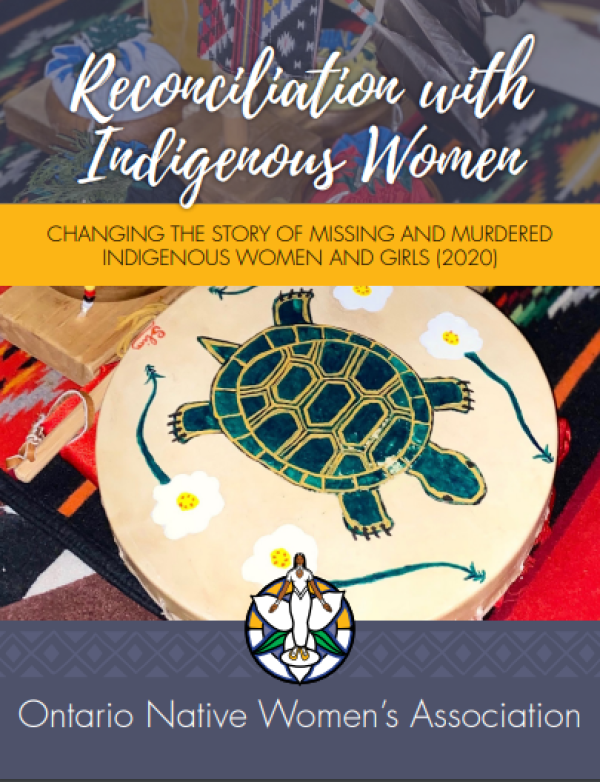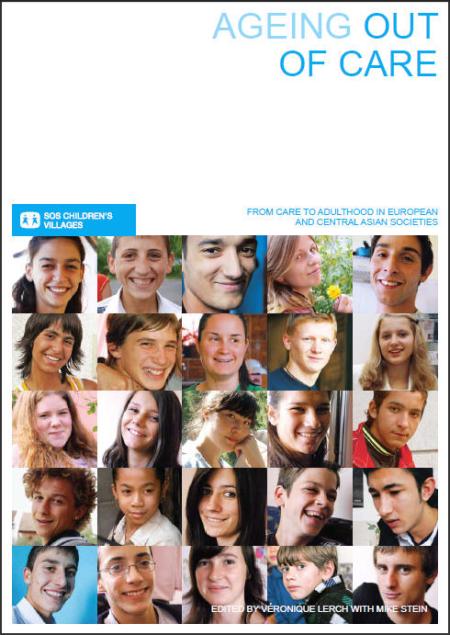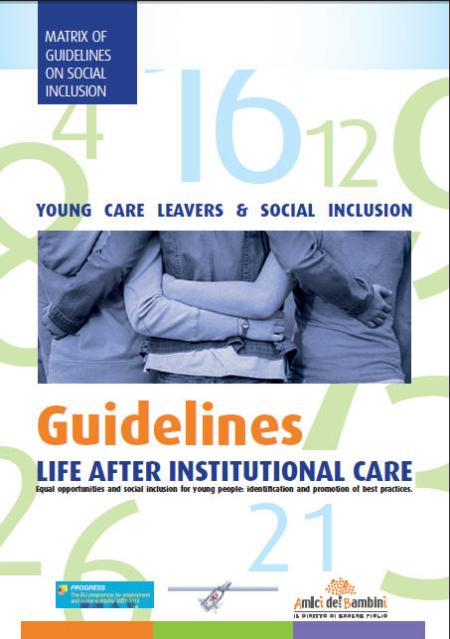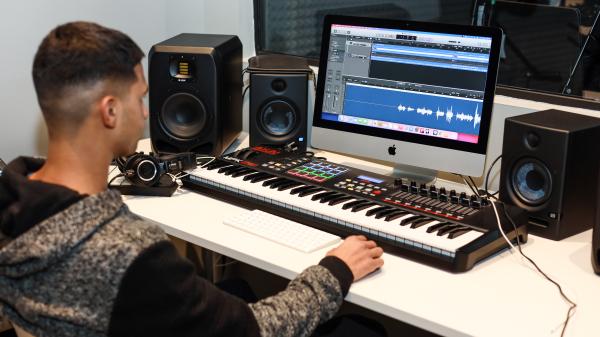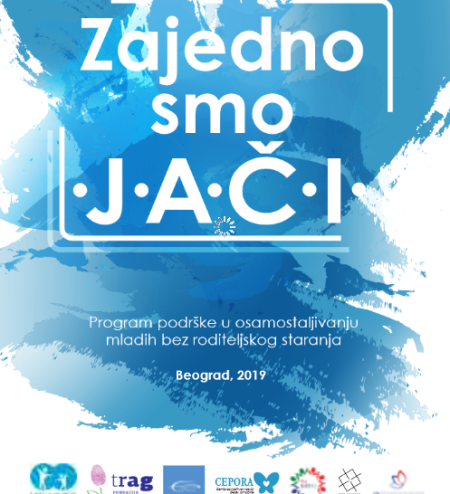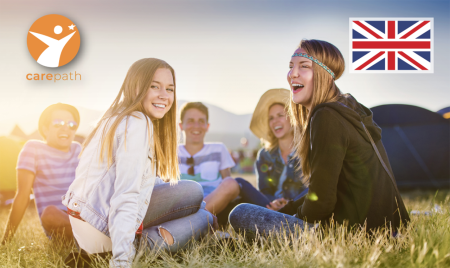
Empowering girls in residential care against violence against women is a 2 year European project funded by the Daphne III Program of the European Commission lasting from January 2013 till December 2014. Empowering Care is developed, under the coordination of SURT. Fundació de Dones (Catalonia), by a multidisciplinary and transnational partnership comprising organisations from Bulgaria (Animus Association), Cyprus (Mediterranean Institute for Gender Studies), Finland (University of Oulu) and Italy (Tampep). Empowering care project aims, on the one hand, at increasing knowledge on the prevalence and characteristics of experiences of violence and abused against girls aged 14-18* in residential care* and under the legal responsibility of public authorities in 5 EU Member States: Bulgaria, Cyprus, Finland, Italy and Catalonia/Spain. On the other hand, the project aims at empowering young girls in residential care to protect and prevent themselves and their peers from violence. In order to reach these aims, first of all, the partnership of the project carried out a qualitative research on the experiences of violence and abuse, perceptions of gender roles and intimate relationships of 14-18 aged girls in residential care in Catalonia, Bulgaria, Italy, Finland and Cyprus. Secondly, and on the basis of the comparative research results, an empowerment program will be elaborated and pilot tested with girls in residential care centres in the partner countries. As a result of these activities, a Manual for professionals will be published and disseminated among professionals. As said, the first activity of the Empowering Care project has been the conduction of a EU-wide qualitative research on the prevalence and characteristics of experiences of different types of violence and abuse against girls in residential care, both before and after entering care institutions, as well as their beliefs regarding gender roles and stereotypes, and sexual and affective relationships. Each partner of the consortium has carried out the research in its country. With the results obtained with the analysis of the fieldwork, each organisation elaborated a country research report. The reports are available, both in English and in each national language (Bulgarian, Catalan, Greek, Finnish and Italian), in the website of the project (www.empoweringcare.eu). This Comparative report has been elaborated on the basis of the country research reports and constitutes the EU-wide product of this first project activity. The first chapter of the Comparative report includes the Theoretical Framework of the project and it sets the key definitions and approach to Empowering Care topics. The second chapter on the Legal and Political Framework describes the legal and policy contexts concerning VAW and children’s rights at international, European and country levels. The third chapter presents the methodological framework set up by the partnership and used during the research. In this third chapter the feminist approach of the Empowering Care research is defined. Moreover, the target groups, the selection criteria as well as the ethical issues that were taken into account are also explained. Finally, chapter 3 also describes the methods and techniques used in the research as well as the fieldwork process in each country. The fourth chapter contains the Comparative Analysis of the fieldwork carried out in the partner countries with girls in residential care centres and with professionals. Finally, there is a last chapter that summarises the main findings of the research.


